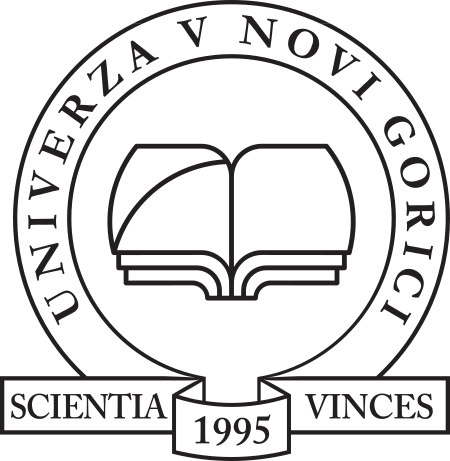Green Magnets for a Circular Future
MOTIVATION
Permanent magnets are essential for the green transition, powering technologies in wind energy and electric mobility. However, their dependence on rare earth elements (REEs)—which are scarce, expensive, and environmentally harmful—poses a major sustainability challenge. With nearly no current recycling of PMs and growing global demand, there is an urgent need for alternative solutions. The GENIUS project is motivated by this challenge: to develop high-performance, REE-free or REE-lean magnets entirely from recycled materials, enabling a circular economy, reducing Europe's reliance on critical raw materials, and contributing to climate and sustainability goals.

Contact person: Petra Jenuš Belec, project leader
Jožef Stefan Institute
Jožef Stefan Institute (JSI), Slovenia, is the leading Slovenian scientific research institute, covering a broad spectrum of basic and applied research.
The Department for Nanostructured Materials combines various fields, from materials processing to thorough characterisation. Regarding magnetic characterisation, the department is equipped with a high-temperature vibrating-sample magnetometer and a unique 400 °C permeameter, ideal for the project’s aims. Furthermore, the department has facilities for small-to-medium scale production of magnetic powders based on conventional ball milling, high-energy milling and hydrothermal synthesis, equipment for preparation of AM feedstock and several AM machines, and SPS, RAS and conventional sintering infrastructure.

Contact person: Adrian Quesada,
WP3 Leader
Spanish National Research Council
Spanish National Research Council (CSIC), Institut for Ceramic and Glass, ICV, Spain: The Ceramic for Smart System Group of ICV possesses large experience in processing of functional ceramics.
The group, through Dr. Adrian Quesada, already has experience in the coordination of European projects with successful exploitation of its results. ICV has experience in the synthesis, processing and characterization of ferrite-based materials. In addition, our expertise in ceramic processing will contribute to the tasks of homogenizing, conditioning, compacting and densifying the magnetic materials. We are also proficient in the advanced characterization of magnetic materials. During the previous AMPHIBIAN project, we gathered significant expertise in successfully implementing exploitation, dissemination and communication activities.

Contact person: Blaž Belec
WP2 Leader
University Of Nova Gorica
Material Research Laboratory is a research unit with state-of-the-art equipment and diverse expertise of the team members ranging from synthetic and crystal chemistry, functional materials, surface science, theoretical and computational chemistry and other. Their unique combination of state-of-the-art equipment (e.g. SEM equipped with Kammrath & Weiss heating stage) and expertise in electron microscopy characterisation make MRL an indispensable partner in this project.

Contact person: Sandra Erikson
WP4 Leader
Uppsala Universitet
Uppsala Universityis a renowned University conducting world-leading research and education.The department of Electrical Engineeringhas long-time experience in research on electrical machines through advanced multi-physics simulations, modelling and extensive experimental facilities.Sandra Erikssonis professor with focus on permanent magnet electrical machines and her research group specializes in substitution of REE magnets in electrical machines, alternative magnet material and advanced modelling of permanent magnets.

Contact person: Boris Saje
Kolektor Mobility d.o.o.
Kolektor Mobility has a long tradition and experience in the field of development and production of mobility components and systems, which places them among the most reliable global providers of integrated automotive industry solutions. They are led by responsibility towards the environment and the principles of sustainable development from the conceptual designs of our products. At the same time, Kolektor Mobility proactively responds to the megatrends of electrification of vehicle propulsion, autonomous driving and interconnectivity in the car. They develop and supply all the key components for most of the cars that make our everyday life on the road easier. In GENIUS, Kolektor Mobility will be an injection moulded scrap supplier and will be active in the development and optimization of recycling strategies. They will also be involved in the formation of filaments for FF AM, life cycle analysis, exploitation and commercialization.